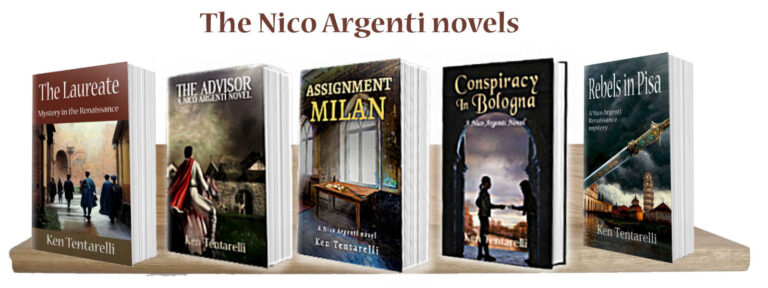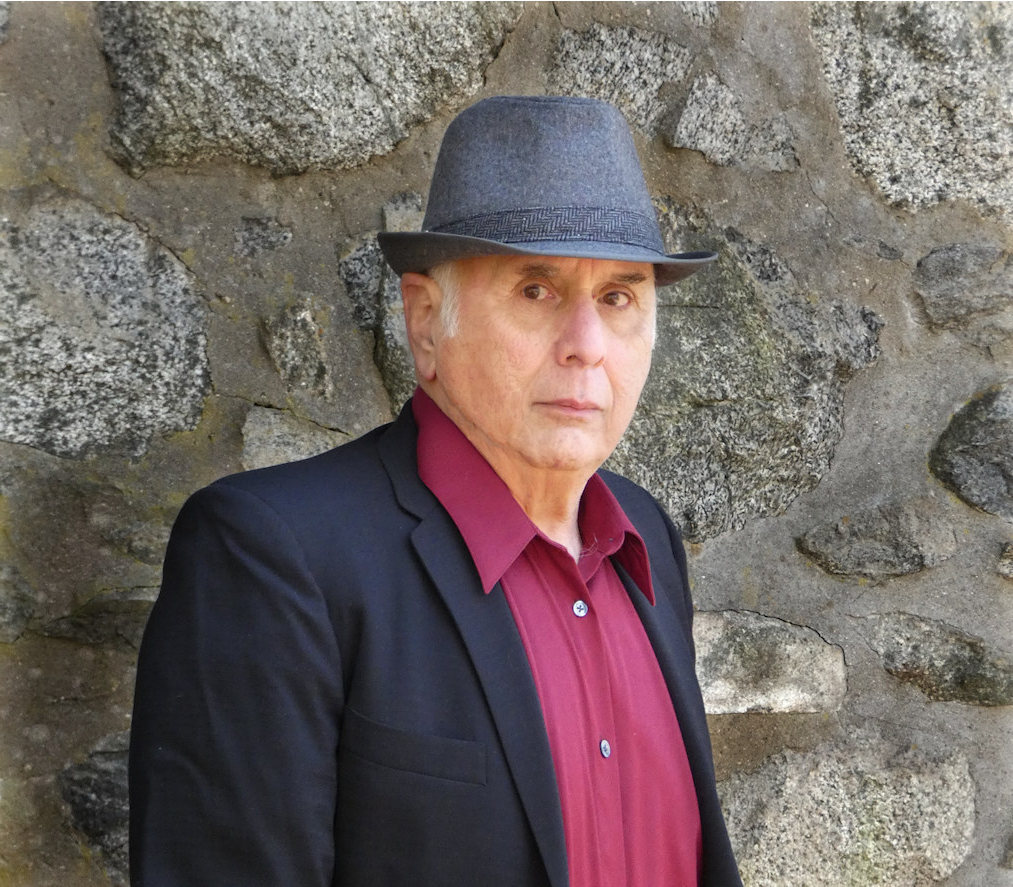

Meet Ken Tentarelli -
Ken was born into an Italian-American family. His first introduction to anything Italian was food. His family enjoyed fresh figs from his father’s trees in the summer and homemade lasagna throughout the year. At Christmas and Easter his aunts and cousins made delicious traditional Italian pies and pastries. As a youngster, food was Ken’s only tangible connection to his Italian heritage. Although his father immigrated to the United States from Italy as a child, he was committed to being an American so the family never spoke Italian at home.
At an early age Ken developed an interest in engineering and technology. He was an avid ham radio operator and became one of the first to communicate with others by bouncing radio signals off the moon. That hobby paved the way to a long career in the telecommunications industry. He recalls technology advancing so quickly that working in the field was always an exciting experience.
Many years later he and his wife Liz made their first trip to Italy as part of a tour. Standing in the Roman Forum and seeing the sculptures and magnificent art in Florence triggered his interest in Italian history and culture. They returned to Italy many times over the next two decades visiting all regions of the country from the Alps to the southern coast of Sicily. They studied Italian culture and language in Rome and Perugia.
Those travels and study inspired Ken to write his first novel, The Laureate, which earned a starred review from Publishers Weekly, a four-star review from the Online Book Club, and became a best seller. The following year he authored the second book in the series, The Advisor, that also reached the best seller lists.
When not traveling Liz and Ken live in rural New Hampshire which is a very conducive environment for writing. He raises heirloom tomatoes and can make a terrific focaccia. He is also an avid supporter of his local library. He has taught courses in Italian history spanning time from the Etruscans to the Renaissance. While doing research for one of those courses he became acquainted with the history of the University of Bologna. That led to his vision of Nico Argenti as a graduate of that esteemed law school.